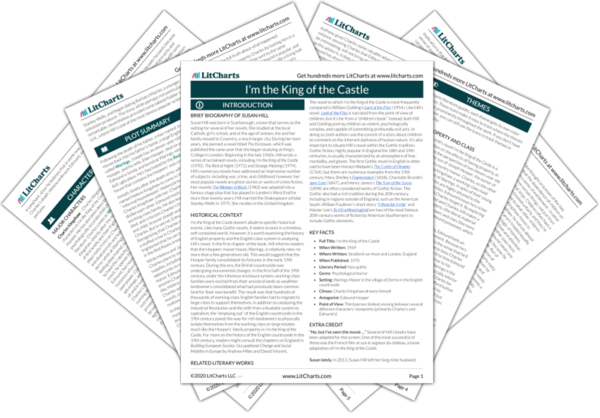Even though Charles is trying to prove his innocence, he winds up making himself sound guiltier. Helena seems to have made up her mind already. As before, she thinks that she’s treating both children equally when, in reality, she’s neglecting her own son’s side of the story, refusing even to hear what he has to say.
